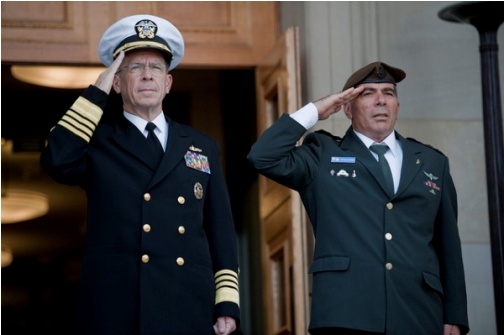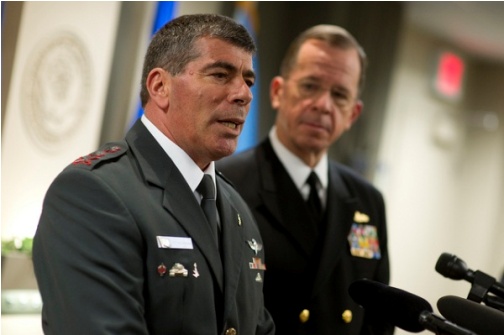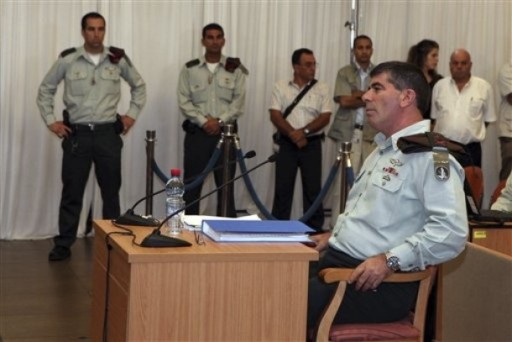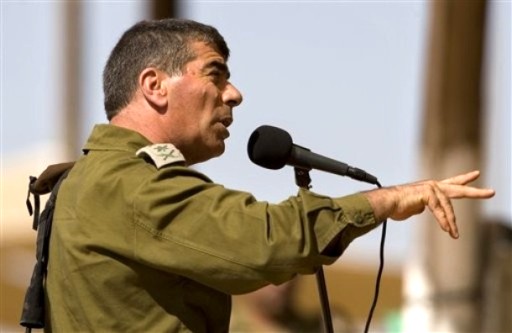
- IDF Delegation Arrival in Haiti : The Israel Defense Forces aid delegation getting off the plane upon arrival at Port-au-Prince, Haiti. Israel sent a team of over 250 personnel to help in the rescue and medical efforts after Haiti was struck by a devastating earthquake in January 2010. Following a devastating 7.0 earthquake which ravaged Haiti on Tuesday, 12 January 2010, the IDF sent an aid delegation to assist rescue efforts and establish a field hospital to treat survivors. The delegation successfully set up the largest field hospital in Port-au-Prince and were able to treat 1,111 patients, perform 317 surgeries, and facilitate 16 births. The IDF search and rescue team was able to pull four Haitians out from collapsed structured including one man who who had been trapped under the rubble for ten days. (Photo : IDF’s FLICKR, January 16, 2010) To watch all the footage of the IDF's rescue efforts in Haiti check out the Youtube playlist: www.youtube.com/view_play_list?p=BD5BD99 44F32CBAB

- Rescue of a Haitian Man from Government Building, Jan 2010 : The Israel Defense Forces Search and Rescue team extracted a 52 year old Haitian government employee, trapped in the ruins of the customs office in Port-au-Prince after 6 hours of work. The man was trapped under the rubble for 125 hours before being rescued by the team and was then taken to the IDF field hospital for treatment. The man was able to communicate his location via SMS. After the devastating earthquake which struck Haiti in January 2010, Israel sent an aid delegation with over 250 personnel to help with search and rescue efforts and establish a field hospital. (Photo : IDF’s FLICKR, January 2010)

- IDF Search and Rescue Team at Port-au-Prince University , Jan 2010 : A rescue team, led by Israel Defense Forces Search and Rescue platoon commanders, enters the university in Port-au-Prince, in order to assist in the evacuation of survivors and victims. One of the buildings on the campus collapsed while classes were in session. After a devastating earthquake hit Haiti in January 2010, Israel sent a team of over 250 personnel to help in the rescue and medical efforts. (Photo : IDF’s FLICKR, January 16, 2010)

- Rescue of a Haitian Man from Government Building, Jan 2010 : The Israel Defense Forces search and rescue team extracted a 52 year old Haitian government employee, trapped in the ruins of the customs office in Port-au-Prince after 6 hours of work. The man was trapped under the rubble for 125 hours before being rescued by the team and was then taken to the IDF field hospital for treatment. The man was able to communicate his location via SMS. After the devastating earthquake which struck Haiti in January 2010, Israel sent an aid delegation with over 250 personnel to help with search and rescue efforts and establish a field hospital. (Photo : IDF’s FLICKR, January 2010)

- Dr. Col. Kryce Transporting Injured Girl, Jan 2010 : Doctor Colonel Itzik Kryce, the commander of the Israel Defense Forces field hospital in Haiti helps transport a wounded girl with a severe leg injury for treatment. After the devastating earthquake which struck Haiti in January 2010, Israel sent an aid delegation of over 250 personnel to help with search and rescue efforts and establish a field hospital in Port-au-Prince. (Photo : IDF’s FLICKR, January 2010)

- Doctors Check on Premature Baby, Jan 2010 : Dr. Maj. Yuval Levi and Nurse Captain Margarita Memdov are pictured treating a premature baby weighing 1.8 kg delivered in the IDF field hospital in Haiti. In total, 16 babies were successfully delivered at the field hospital during the time the IDF was in Haiti. The hospital features a special ward maternity ward and was equipped to handle complicated births and premature deliveries. After the devastating earthquake which struck Haiti in January 2010, Israel sent an aid delegation of over 250 personnel to help with search and rescue efforts and establish a field hospital in Port-au-Prince. (Photo : IDF’s FLICKR, January 18,2010)

- IDF Medical Aid Team Performing Surgery in Haiti Field Hospital, Jan 2010 : Then-Chief Medical Officer, Col. Dr. Ariel Bar, and Lt. Col. Dr. Chaim Levon performing surgery in the IDF field hospital in Haiti. After the devastating earthquake which struck Haiti in January 2010, Israel sent an aid delegation of over 250 personnel to help with search and rescue efforts and establish a field hospital in Port-au-Prince. (Photo : IDF’s FLICKR, January 19, 2010)







